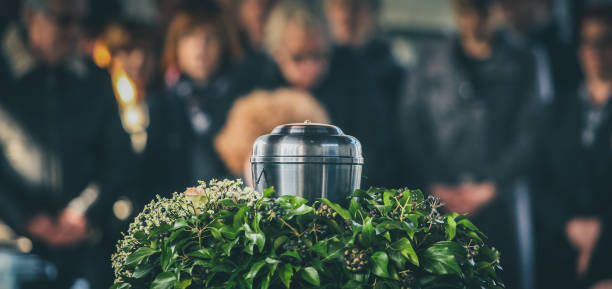Understanding Grief: A Compassionate Guide to Navigating Loss
At Unique Rituals, we understand that grief is deeply personal. When someone you love dies, your emotions may feel overwhelming, confusing, or even contradictory. There is no “right” way to grieve—only your way.
What Influences Grief?
Grief is shaped by many factors, including:
- Your relationship with the person who died
- The circumstances of their passing
- Your personality, cultural background, and spiritual beliefs
Whether the loss was sudden or expected, the emotional impact can be profound. You may feel shock, numbness, sadness, anger, or even relief. All of these are valid responses.
There’s No Timeline for Grief
Grieving isn’t something you “get over”—it’s something you learn to live with. You may have thought you were prepared, especially if your loved one had been ill. But even when death is anticipated, it can still feel like a shock.
You might:
- Feel numb or detached
- Cry every day—or not at all
- Worry that your emotions are “wrong”
These are all normal. Grief is not linear, and it doesn’t follow a schedule.
Physical and Emotional Symptoms of Grief
Grief can affect your body as well as your mind. You may experience:
- Sleeplessness or fatigue
- Loss of appetite or overeating
- Headaches, low immunity, or physical pain
- Anxiety, brain fog, or a sense of emptiness
Taking care of your basic needs—eating, drinking water, resting—is essential. Be gentle with yourself. Even small acts of self-care can help you feel more grounded.
What Is Profound Grief?
For some, grief becomes all-consuming. You may feel:
- A loss of joy or interest in life
- That every day feels grey, even when the sun is shining
- Physical pain or illness linked to emotional distress
- That life feels like mere existence, not living
This is known as profound grief. If this resonates with you, you are not alone. One way to begin processing these feelings is to revisit the day your loved one died—allowing yourself to feel the pain, then gently setting it down again.
Why Grief Can Feel Isolating
In the UK, grief is often a private experience. Many people don’t know what to say, so they say nothing at all. This silence can make you feel invisible or unsupported.
But here’s the truth: saying something—anything—is better than saying nothing. A simple “I’m so sorry” can mean the world to someone who is grieving.
Grieving a Complicated Relationship
If your relationship with the person who died was difficult, your grief may be layered with guilt, anger, regret, or confusion. You might grieve not just the person, but the relationship you wish you’d had.
This too is normal.
Ask yourself:
- What was our relationship really like?
- How do I usually cope with emotional pain?
- Who can I talk to about this honestly?
Speaking with a trusted friend or a professional counsellor can help you untangle these complex emotions.
Gentle Ways to Cope with Grief
There’s no quick fix for grief, but there are ways to support yourself:
- Take one day at a time
- Keep a simple routine—get up, get dressed, and show up for yourself
- Go for a walk, even if it’s just around the block
- Rest when you can, and try to eat nourishing food
- Join a grief support group to connect with others who understand
Above all, recognise what you’re going through. You are not broken—you are grieving. And healing begins with acknowledging your pain.
You Are Not Alone
At Unique Rituals, we believe in honouring every journey through loss. Whether you’re planning a personalised funeral, seeking support, or simply looking for understanding, we’re here to walk beside you.






